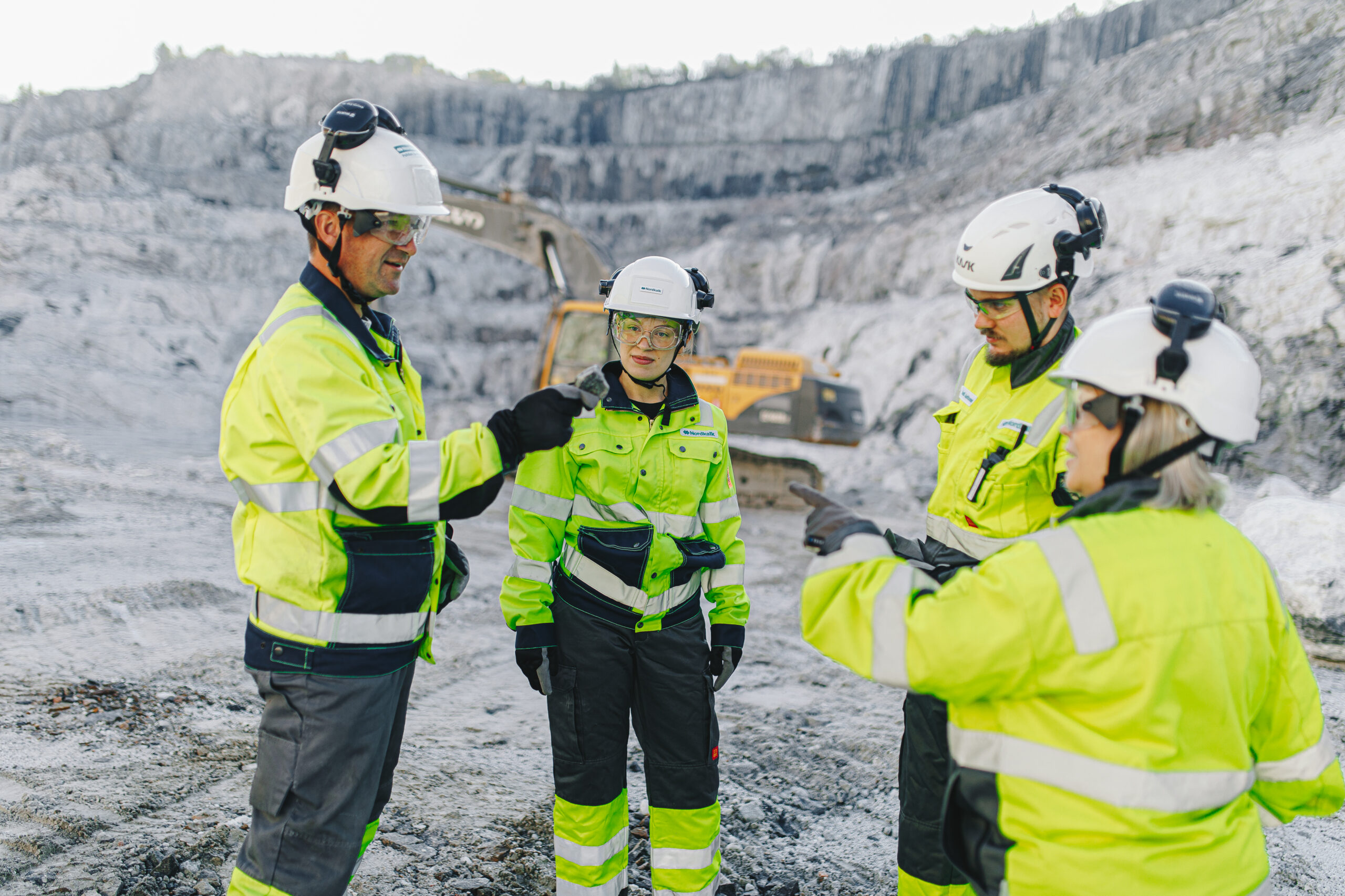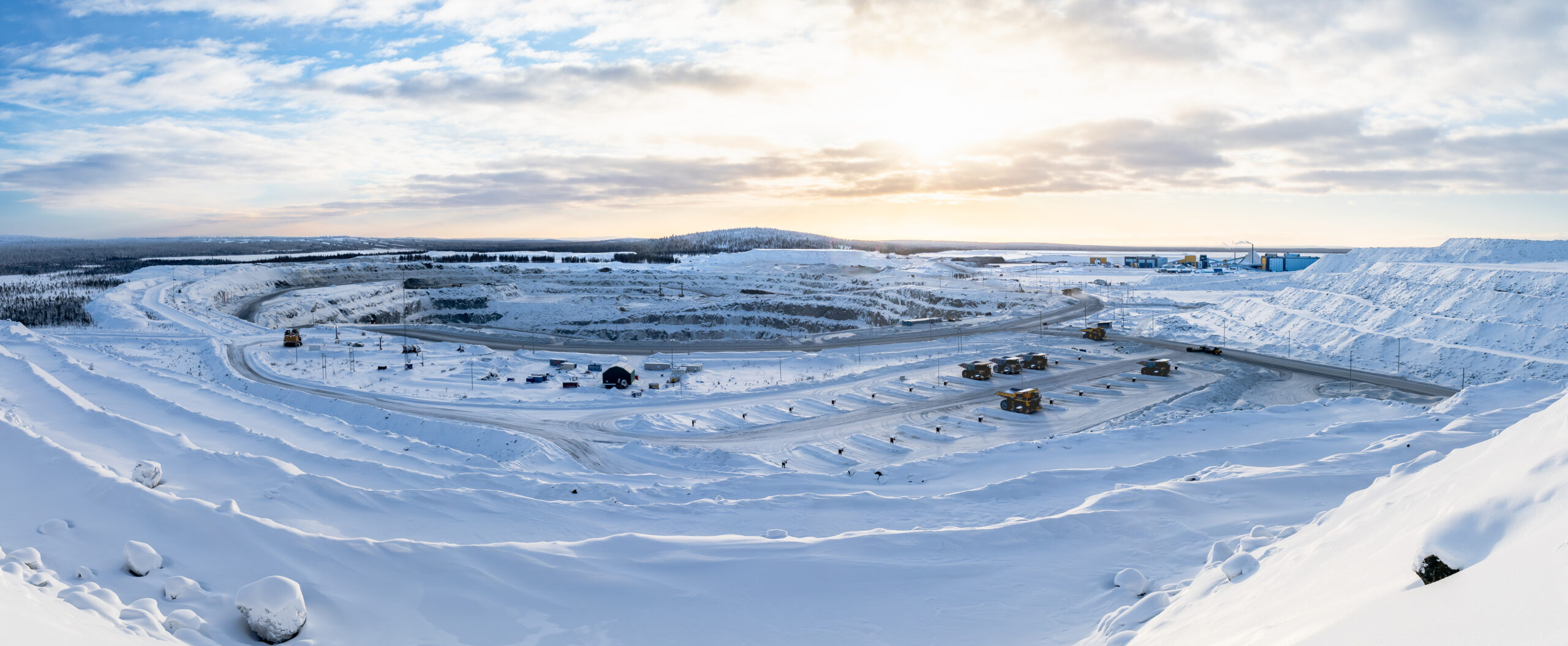Brett Smith, Executive Director of Dragon Mining, is quite optimistic about the future of the mining industry in Finland. On the other hand, he is concerned that the time to permit a new project and the delays caused by potential appeals is hurting the industry. As a result of the very long time required to develop new operations, Dragon Mining has refocused its exploration to near mine operations, where the company already has the necessary permits to develop what is found.
In Finland, apart from the existing gold mines at Orivesi and Jokisivu (Huittinen), Dragon Mining is in the process of opening a new mine at Kaapelinkulma. The Nordic region and Finland in particular are strategic to the company, and they have divested non-Nordic assets and concentrated its personnel in Sastamala, where the company has a processing plant.
Dragon Mining also has operations in Sweden, where it is developing a new mine in Fäboliden, close to its existing operations at Svartliden.
Smith has extensive experience in mining operations as he has worked in many parts of the globe and has set up new mines and mineral processing facilities in Australia, Brazil, Canada and China, to name a few.
Smith is clearly concerned about the transition from fossil fuels to renewables and the disruption of the industries and communities dependent on traditional energy production, and the bottlenecks that will occur due to a shortage of key new commodities. The challenge is not restricted to rare earth metals, but also to lithium, cobalt and even more common minerals like silver.
While supporting the promotion of sustainability in mining operations, he reminds that looking at this only in terms of EU regulations is a very localized perspective. On a global scale, more could be achieved by bringing up the worst performers to more acceptable levels of sustainability than marginally improving the better performers. ”The free market will simply move production from high cost areas to lower cost areas, shifting production to countries with less rigorous regulations”, he says.
New requirements, such as the EU regulation on conflict minerals, which requires strict traceability to some specific commodities that are produced in conflict areas, such as the Democratic Republic of Congo, are positive steps but we must acknowledge that the largest deposits of these critical new energy commodities often exist in locations that do not work according to European standards. Furthermore, if Europe does not buy these commodities, others will, whereby the manufacturing of the end products will happen elsewhere.
As to mining operations in Finland and Sweden, Smith points out to the challenges caused by the ambiguities in national legislation and EU directives. He points out in particular to the challenges of understanding the EU water framework directive from an operational and government agency perspective. Water quality is a key element for the industry as a whole, whereby it would be good if there were national permit limits so that operators knew at a pre-development stage what limits they need to achieve.
According to Smith, with good engineering practice the recent high profile environmental accidents should not have happened in the first place. Because of these high-profile accidents, it is understandable that there has been a backlash against mining. ”It is the responsibility of the industry to work to ensure that these events do not happen in the future”, he says.
As to the rehabilitation of mining sites after the closure of operations, Smith points out that the expectations as to what is acceptable will always change over time. For instance, what was considered normal when a mine was opened 20 years ago is not acceptable anymore and companies must acknowledge this.
Smith stresses the need to ensure that rehabilitation is considered and progressed continuously over the life cycle of mining operations. In addition, ”tailings will become a resource for the future as there will be an increased interest to extract the remaining commodities from these deposits due to new technologies and a shortage of new mining opportunities”, he says.
Photo: Brett Smith is the Executive Director of Dragon Mining in Finland.



